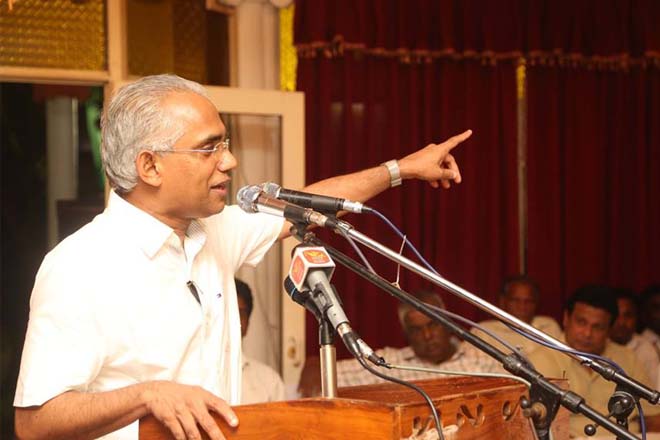
Sri Lanka needs to have a political strategy to support the implementation of reforms and restructurings of state owned enterprises to reduce the burden on the treasury or the tax payer, deputy minister of state owned enterprises (SOEs) said.
“We have a situation in which the tax payer at large is paying for the expenses of a few who actually benefit directly from those enterprises,”Eran Wickramaratne, deputy minister of state enterprise development told a forum organized by the Institute of Policy Studies.
“So the burden of the state enterprises on the treasury or on the tax payer essentially needs to be brought down,” he said.
“Taking some lessons from the past, I think our reforms and restructuring have to be preceded by a political strategy, so that the stake holders widely understand what we are trying to do and the stake holders understand that this is going to give them a return and it is in their interest.”
“And therefore I would say that the political strategy is even more important than the reform and restructuring that we have to do.”
He says the new administration plans to manage performance of state workers while reducing political intervention and interference in the state owned enterprises, “so that the managers of these institutions could pursue their economic and financial goals.”
State enterprises are defined as legal entities that undertake commercial activities on behalf of an owner government.
State enterprises which pay salaries to employees through tax payers’ money have incurred losses over the past decade and have been criticized for being bloated services.
Official data shows that state group returns on assets trails far behind their privately owned counterparts.
Experts add that there has been no progress in halting losses incurred by the SOEs. Since 2005, there has been a clear policy reversal with further privatization efforts ruled out in favor of ‘restructuring’ SOEs. But SOEs continue to make huge losses. Especially the larger corporation such as the Ceylon Electricity Board (CEB), Ceylon Petroleum Corporation (CPC) and Sri Lankan Airlines.

0 comments